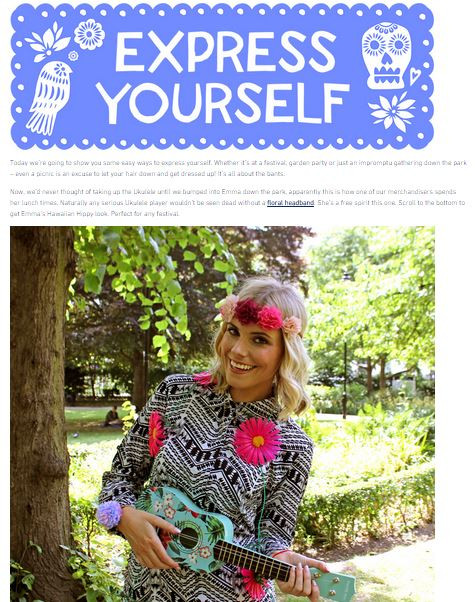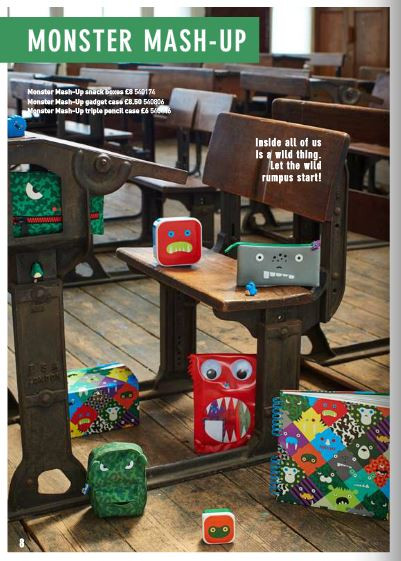
Content Marketing: The art of storytelling
Content marketing, once the new kid on the block, is now the workhorse of digital marketing.
Its longer format lends itself to SEO whilst its subject matter, if cleverly handled, can help to develop brand and customer loyalty.
Blogs, articles, images and videos are all part of an effective marketing strategy, but for a retail environment, they must also be used to directly drive sales.
This sounds easier than it is. Integrating a familiar sales platform into the content medium without detracting from the message or aesthetic value of the content. You need to introduce the sales aspect gently, almost unnoticed into the content. The more friction between the two, the more likely you are to alienate a customer and overwhelm them with sales.
Take these examples from Paperchase, UK based stationary brand, a fun, simple blog layout with a gearing towards the sales of featured products. No fancy graphics, no pushy prices, just engaging text, charming photography and gentle links to external sales pages.

Likewise in their lookbook or online catalogue they use beautiful photography and clever short copy to engage with the customer, only using small references for product details, each of which link out to external pages more directly focussed on sales.

Content Marketing is a way to cultivate a community, and attract new people to your brand. The way it achieves this is by engaging with people on a personal level, to connect with them on an emotional frame, whether that is one of joy, intrigue, nostalgia or another factor, like human interest or just plain fun.
The most successful examples of content marketing may be only slightly related to the product itself, rather stressing an attitude, mantra or persona the company wishes to express. Take for example this video from Volkswagen:
With familiar branding, and human engagement, Volkswagen cement a sense of fun into their brand identity, something traditionally missing from their model. Without displaying a single car, they encourage a whole new audience to engage with their brand.
Also see this blog from Microsoft, which uses sounds as well as words to demonstrate how their technologies are changing the world for those with sight-loss: https://news.microsoft.com/stories/independence-day/
By creating a story which appeals to the human heart and connects to the company on an emotional level, Microsoft becomes far more than a hardware and software manufacturer. They gain a soul.
Content marketing is extremely successful, as its ability to emotionally engage audiences is a powerful tool for marketers if used correctly. Content marketing is only now beginning to fulfil its true potential. In the coming months we will see its proliferation as a dominant form of marketing, particularly as the Social Media industry becomes more monetised and content and commerce become inextricably linked.
Facebook has recently announced an Ecommerce facility, and Pinterest is planning to expand its buyable pins initiative. Both mediums will rely entirely on engaging content to encourage sales, ushering in a new era of content marketing supremacy.